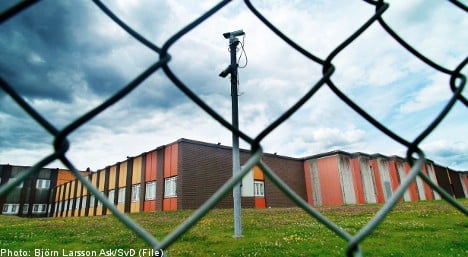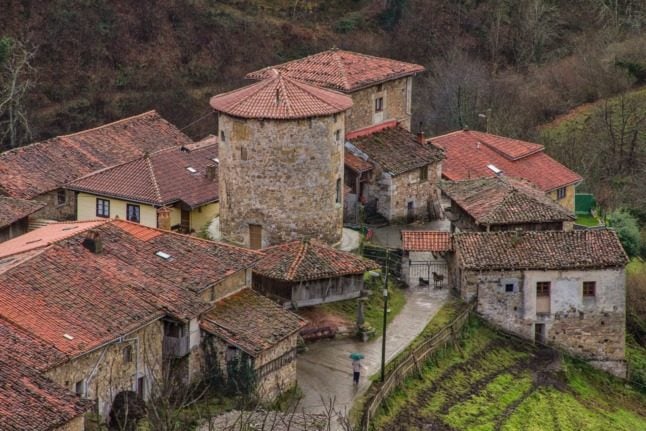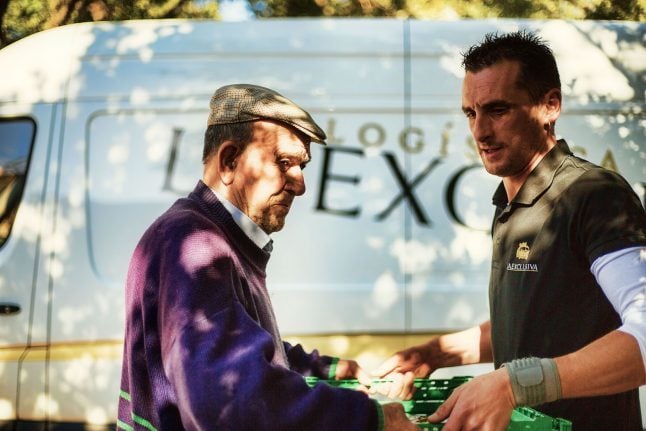The documents also reveal how inmates are involved in extensive crime rings running inside the walls of Sweden’s psychiatric clinics.
According to the the documents, obtained by Sveriges Television (SVT), inmates are involved in a wide rang of criminal activities mostly made possible by the inmates’ access to mobile phones and the internet.
The crimes, which have been estimated to number in the thousands over the past few years, have occurred in the four clinics located in Vadstena, Katrineholm, Sundsvall and Säter.
Since 2007, inmates have been legally authorized to use computers and telephones. But a physician may decide to shut down a patient for two months if they misbehave.
However, there is little to prevent an inmate who has had his or her rights suspended from using someone else’s internet or telephone.
“In practice it is an empty gesture. It’s insane,” Kenth Persson, director of the Karsudden forensic psychiatric clinic located near Katrineholm in central Sweden, told SVT.
“The truth is that we don’t control patients as a preventive measure. We’re not allowed to do it, so reasonably, we shouldn’t have any idea of what’s going on.”
In some cases, inmates have downloaded child pornography and have even been in contact with the children.
“The most difficult issue in our eyes is when patients contact minors”, said Jan Cedergren Borg,” director of the clinic in Vadstena.
Drug trafficking has been another major problem, as some inmates have even been using the internet to order drugs and have them delivered to them inside the clinics, with cannabis being a regular and popular option.
Some inmates have even had the audacity to organize meetings within the walls of the clinics with their dealers.
“It is totally unacceptable that it works this way. It is not reasonable. They are really serious criminals in there. The basic rule must be that they should not have phone or internet”, said Jerzy Sarnecki, a professor of criminology at Stockholm University, to the Aftonbladet newspaper.
Sarnecki pointed out that on paper, the criminals are actually patients, as they have been sent for psychiatric treatment, not prison time – and this is why they have been allowed phones and internet.
However, he claims it the definition should not apply in these extreme cases.
“This is about murderers and sex offenders. So, things cannot continue like this. It is absolutely horrible,” he told the paper.




 Please whitelist us to continue reading.
Please whitelist us to continue reading.
Member comments